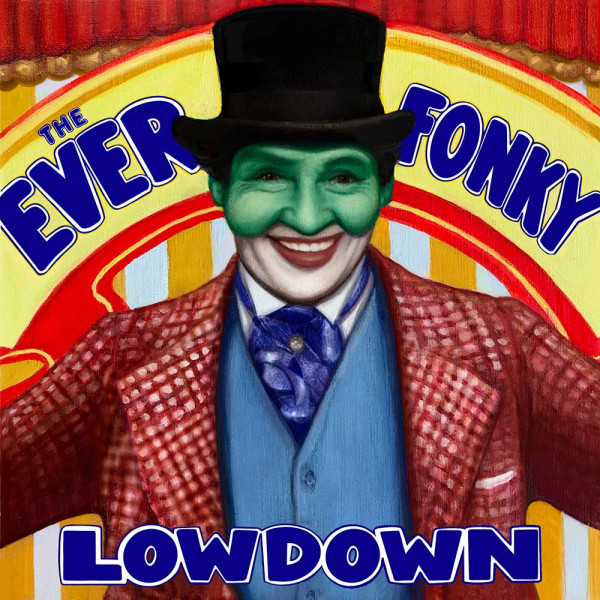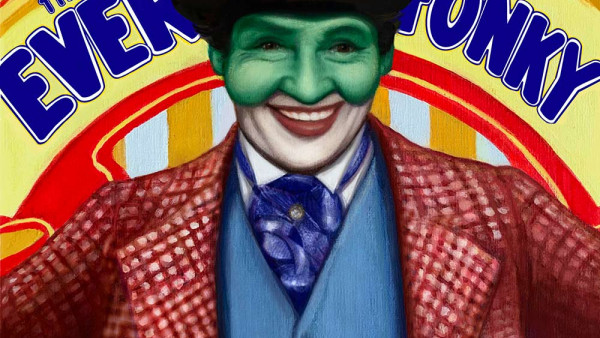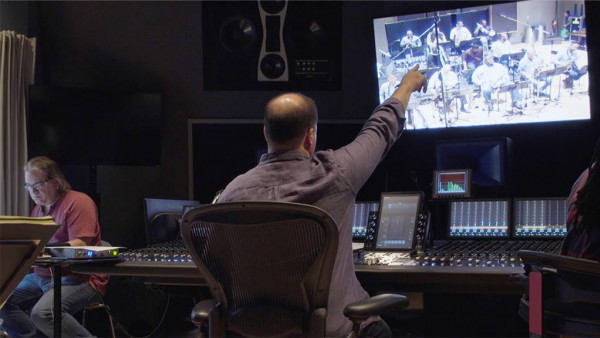Wynton Marsalis Gives Us ‘The Ever Fonky Lowdown’ On A Divided America
In the midst of a global pandemic, mass protests over racial injustice and a bitter election battle, it often feels like Americans are more divided than ever. Luckily, one composer has music that meets the moment.
With his new extended work for the Lincoln Center Jazz Orchestra, The Ever Fonky Lowdown, trumpeter Wynton Marsalis tackles what he sees as a sense of tribalism that encourages us to turn on each other rather than focus on the bigger picture. “It’s the ultimate hustle,” he said.
Marsalis caught up with Reset to share more about the album and how the jazz world is coping with the pandemic.
On capturing major moments through different musical styles
Wynton Marsalis: I’ve written a lot of different extended pieces and with each piece I try to do is use a different form. And also, in every decade since the 1980s, I’ve written something about social justice, a universal humanism in each of those pieces. … Blood on the Fields was an auditorial. From the Plantation to the Penitentiary was just songs with singing. Black Codes (From the Underground) was purely instrumental music. All Rise featured orchestra and, of course, a jazz band. This one features a spoken-word feature.
The moments of the present are always different, but they also always have things in common with things that have existed in the past. The Ever Fonky Lowdown is an international hustle. It addresses the United States, but it talks about human rights issues that exist across the world and have existed across time.
On the forces that divide us
Marsalis: What a lot of despotic, powerful rulers have done throughout time [is] they’ve exploited their own populace. … First they appeal to your sense that you are great, and you are right and you are a winner. Then they identify a weaker group, [and] they say they’re the problem and then you do harm to that group. When you do harm to that group, you solidify your communal bond. Then the despote gets all the money, and you get the social glory of being a winner. So then you get a T-shirt, and you get to talk about how great you are, but you don’t get the spoils. Then you rewrite the narrative and say that these people committed crimes against you, and it justified the violence that was committed against them. Then you have them say your narrative. … Those who have defeated the innocent because [of] their greed … enjoy … the fruits of other people’s labor, … and you have no shame or remorse or thought whatsoever.
On how the Lincoln Center is trying to keep culture alive during the pandemic
Marsalis: We are struggling because we’re not able to make any money, but we’re calling on our friends and our supporters. And, you know, we’re put in a position where we have to be humble and we have to have people to sustain us through this period so we can continue to serve them. But we are also online, and we’ve created close to 500 pieces of content that we’ve put up since March. Our management team meets every day, our staff is fired up, our board is dedicated, and we continue to survive, to manage through this. But I would be lying if I didn’t say this is a struggle.
On losing his father — jazz legend Ellis Marsalis — to COVID-19
Marsalis: People are suffering everywhere. But I haven’t had the time to really indulge myself in my own feelings just yet. It was my father, the reason that I played music. … He taught me so much, man. … I’ll go back to the last thing he told me when I was speculating that he would have COVID. He said, ‘… You losing a loved one is not any more tragic than anybody else losing a loved one. You know, everybody is suffering.’ So from that he meant let’s have a larger point of view. And I guess the main thing, [with] my father was be big, be bigger than yourself.
By Jason Marck
Source: WBEZ Chicago
This interview has been edited for brevity and clarity. Press the “play” button to hear the entire conversation. Play





